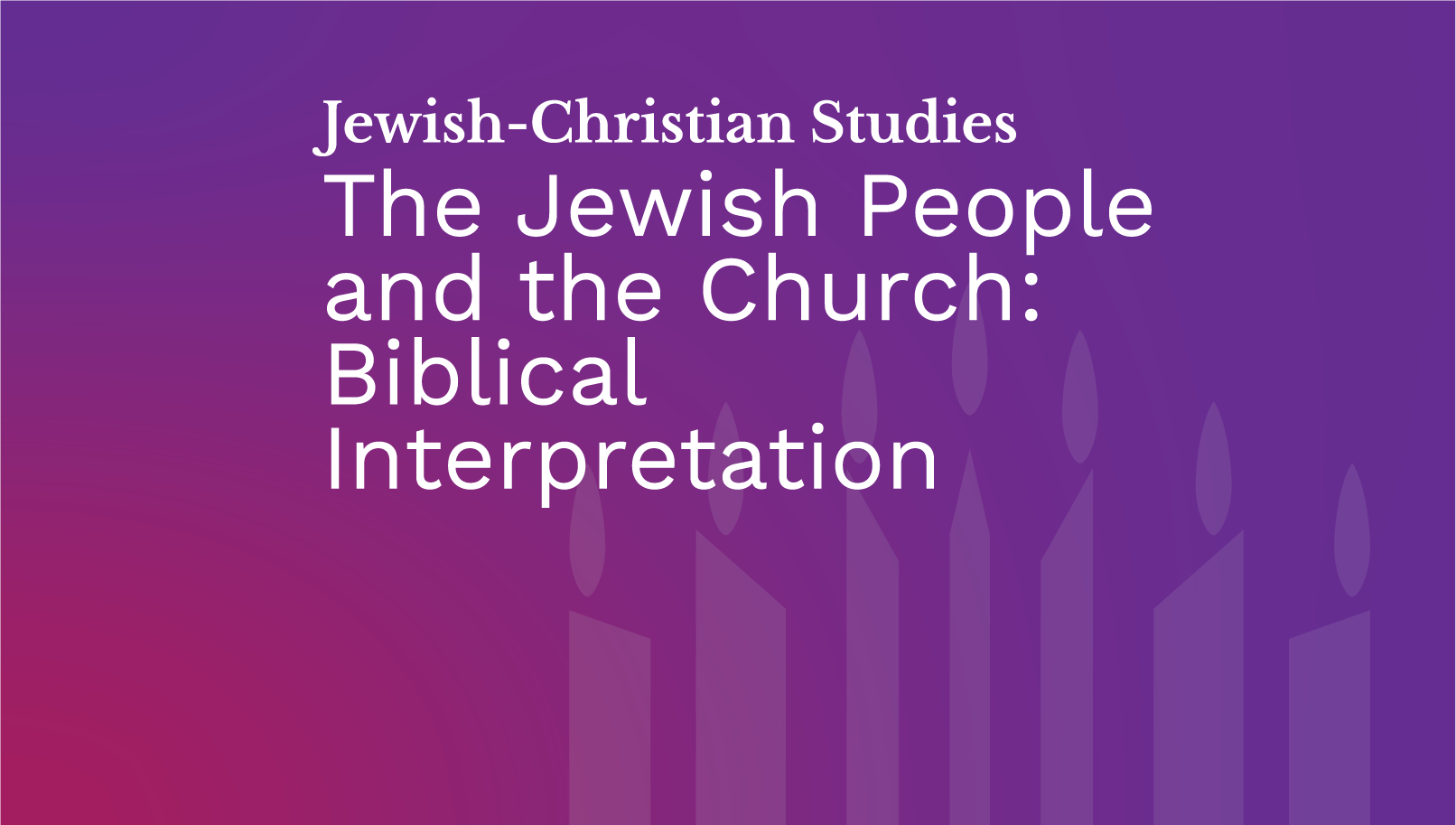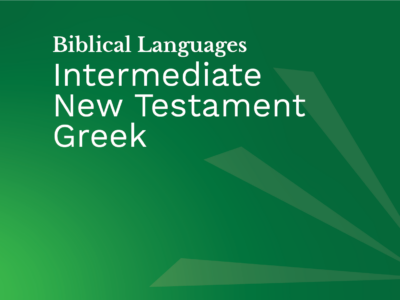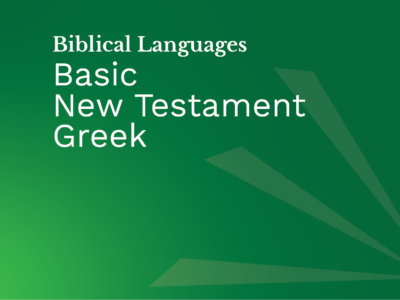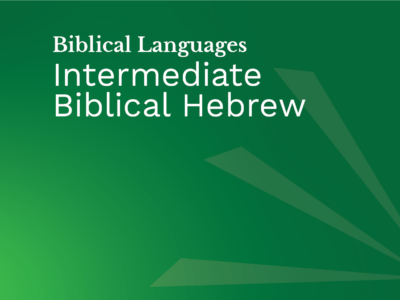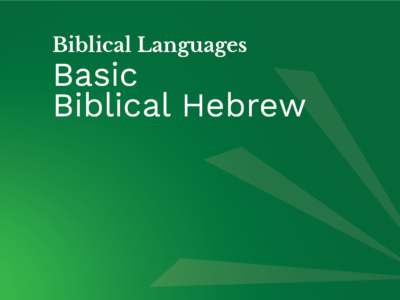This course explores the dynamic and often debated relationship between Israel, the Church, and biblical interpretation, examining how understandings of Israel impact theological perspectives and shape scriptural interpretation. Focusing on both the Hebrew Bible (Old Testament) and the New Testament, students will analyze how Israel’s role in God’s covenantal plan has been interpreted throughout history, from early Christian writings to modern theological frameworks.
Key topics include the identity of Israel in Scripture, the theological implications of covenant and promise, the formation and mission of the Church, and the ways these themes influence biblical hermeneutics. The course will also cover various interpretive approaches—such as covenantal, dispensational, supersessionist, and Messianic perspectives—and examine how each approach addresses questions surrounding the relationship between Israel and the Church.
Through critical readings, class discussions, and case studies, students will learn to interpret biblical texts with greater sensitivity to these complex themes. The course also encourages reflection on how interpretive choices shape Christian doctrine, ethics, and interfaith engagement, especially with the Jewish community.
Learning Objectives:
- Gain a comprehensive understanding of Israel’s theological significance in both the Old and New Testaments.
- Explore historical and contemporary interpretive frameworks on Israel and the Church.
- Analyze biblical passages and theological arguments concerning Israel and the Church’s relationship.
- Evaluate how interpretations of Israel influence broader Christian theology and practice.
This course is designed for students of theology, biblical studies, and ministry who seek to deepen their interpretive skills and understand the theological implications of Israel’s role in Scripture and the life of the Church.
Course Features
- Lectures 9
- Quiz 0
- Duration 16 weeks
- Skill level All levels
- Language English
- Students 0
- Certificate No
- Assessments Self
Curriculum
- 4 Sections
- 9 Lessons
- 16 Weeks
- Lectures4
- Reading Material4
- Additional Material1
- Assignment1

